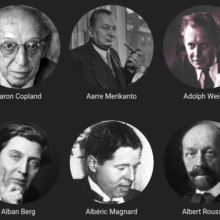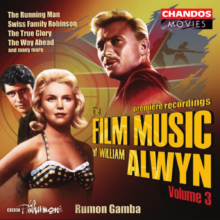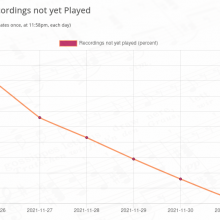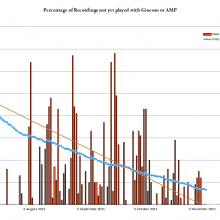More Pi(e)!
Giocoso has had its version number bumped again, this time to Version 1.13. The new version is not needed for anyone with an existing functioning version, but includes new software detection code allowing Giocoso to be successfully installed on the Raspberry Pi when it's running Manjaro. Giocoso was previously tested as working correctly on Raspbian (basically, Debian on Raspberry Pi and sometimes called Raspberry Pi OS), but not on the many other distros and operating systems that can be run on the Pi. I don't have the time (nor the inclination!) to test all those OS/Distro/Pi combinations, but I do run Manjaro as my main desktop (on an Intel processor), so I was naturally curious about how it would run on the Pi (OK, as it turns out!) and thus discovered by accident that Giocoso's detection of ImageMagick on that platform was faulty.
Anyway, it's fixed now. [...]











